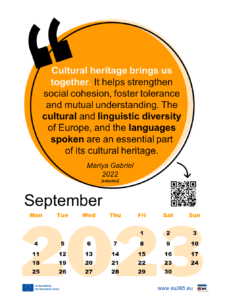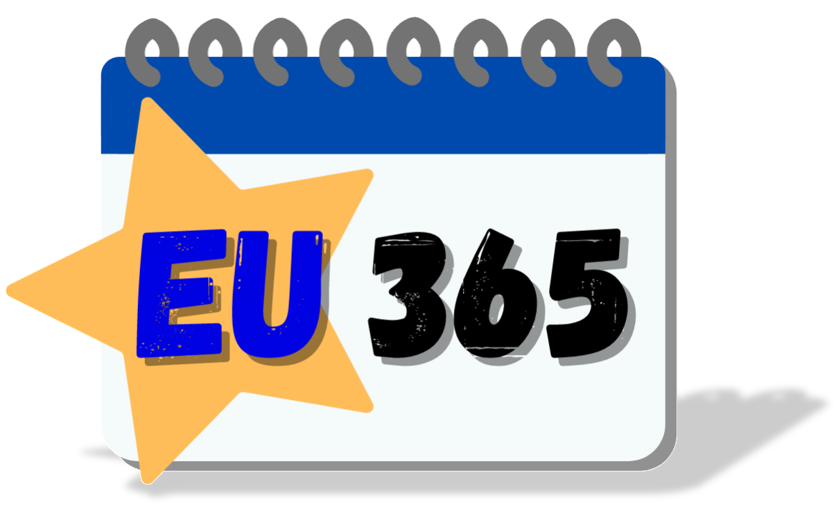LOST IN TRANSLATION
 Learners will be able…
Learners will be able…
… to observe the way different languages co-create our social reality.
… to identify potential obstacles when trying to convey a message in a multi-linguistic setting.
… to discuss benefits of linguistic diversity.
You need:
- 10-15 minutes
- At least 4 people
Instructions (Step-by-Step)
- Divide the learners into groups of at least four people. You can also choose to engage the whole group at once, but this might make the duration of the activity significantly longer.
- Within each group, ask one person to choose a sentence or two. The sentence should be short enough for the learners to be able to remember it by heart and should ideally not contain any terms that might be very difficult for them to translate.
- Hint: You can choose phrases from your learning materials as a source for the sentences.
- Working within groups, the first person whispers the chosen sentence to the next person in the language typically used in class. The second person translates this sentence into a different language (potentially their mother language if it differs from the language used in class, or (one of the) language(s) the learners are being taught as part of their curriculum) and whispers the translated sentence to the third person, and so on. The last learner translates the sentence back into the originally used language and shares it with the whole group. The first person then shares the original message with the group.
- Within group, discuss:
- Is the original message the same as the one delivered by the last learner?
- If yes, discuss how/if it might have transformed in-between the activity. If not, discuss the transformation – what changes have you noticed? What do you attribute the changes to? Were there any difficulties the learners might have encountered while translating the sentence?
- How does this simple exercise reflect in the greater society? You can discuss with the learners, what they believe is the effect linguistic diversity has on society/their country/region, what they believe needs to be considered when trying to convey a message in a multi-linguistic setting. Discuss how they feel about their mother language – what meaning does it bear to them?
Post Views: 727
